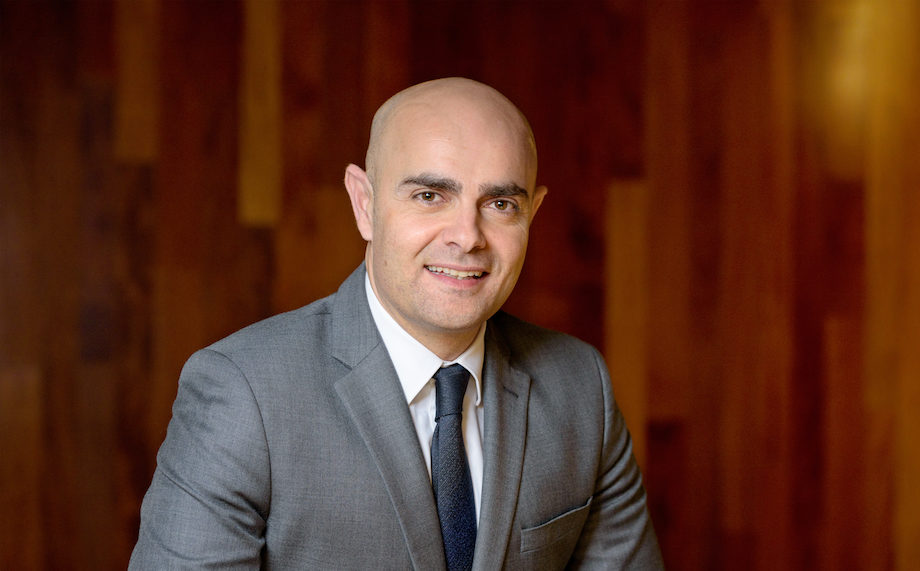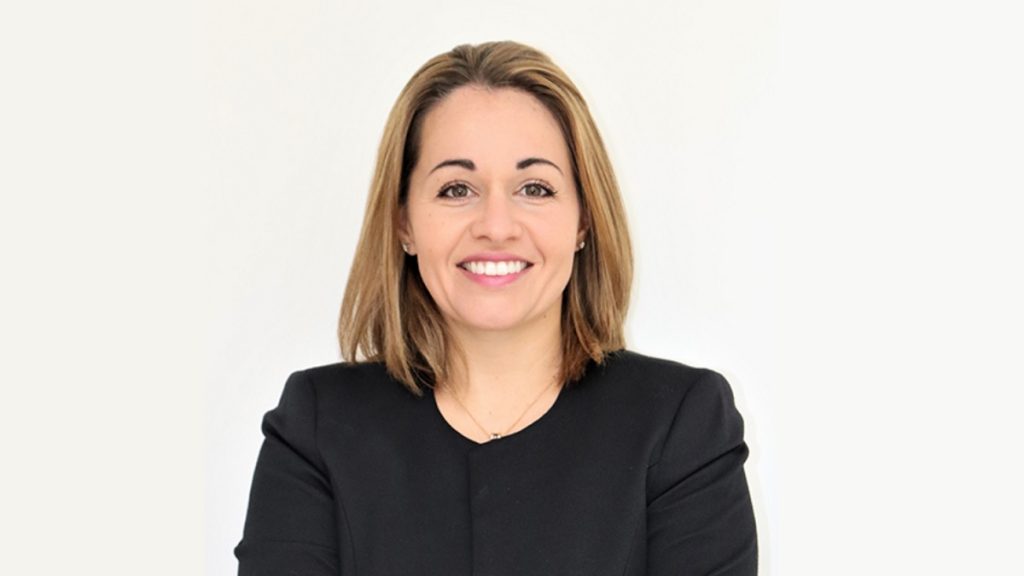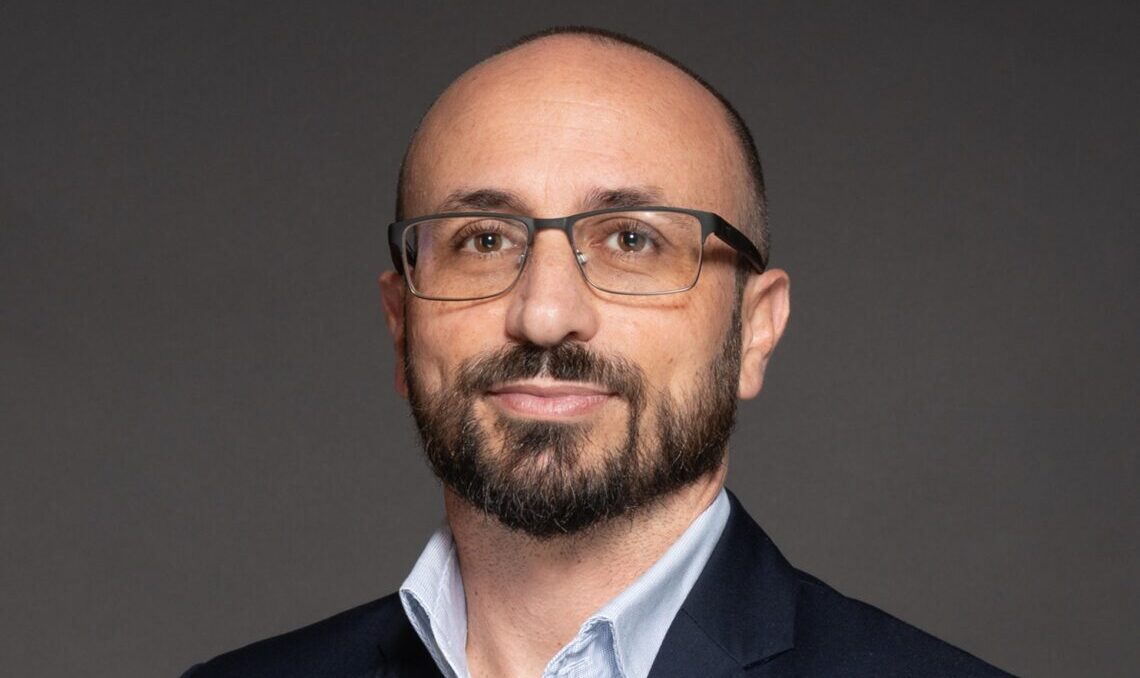Malta International Airport plc (MIA) CEO Alan Borg on Friday remarked that he expects pent-up demand currently being experienced by the airport to “level-off” as the year progresses.
Speaking during the Malta Stock Exchange’s Executive Spotlight, he said that while 2022 was supposed to be a “year of expected recovery”, with a resurgence in travel numbers, everything was “turned on its head” due to COVID-19’s Omicron variant late in 2021 and other macroeconomic challenges experienced at the start of the year.
Mr Borg has worked at MIA since 2007 and has served as CEO since 2015, and while he has seen “quite a lot” throughout the years, these past three have been “particularly eventful”.
“2022 was better than expected, even though its start was very rocky. The Omicron variant delayed the uplifting of restrictions, but come Easter and the second quarter, we saw the arrival of the pent-up demand that we spoke of during the pandemic,” he explained.
He remarked that in terms of 2022’s passenger traffic, MIA was just 20 per cent below the record-breaking figures of 2019, with the largest gaps in performance coming during the first quarter due to the aforementioned macroeconomic reasons. The airport surpassed 2019 numbers during January and February of 2023, yet below 2020’s first two months of the year, as those were MIA’s record months, right before the introduction of pandemic-related restrictions.
“People still want to travel, and Malta still has an appeal to tourists,” he said.
“We are seeing the demand for travel come back, and we are fast forwarding our capital expenditure, while also re-initiating our dividends to shareholders,” Mr Borg explained.
However, he added that MIA expects there to be a “levelling off”, as it is “normal” when such sharp increases take place. “Eventually, travel will become part of our daily lives again like it was in 2019,” he said, before pointing out that this is not seen as a “major threat” to the airport, as long as it continues to provide its service.
“MIA is in a good position to benefit from Malta’s attractiveness,” he continued.
When asked about potential investments, Mr Borg stated that its capital expenditure is split into four primary categories, with these being customer experience, operational projects, sustainability, and retail and property.
The airport was recently given the green light for the approval of the design concept for the first phase of its Terminal Expansion Project, along with expansions to its customs area and new food and beverage outlets, among other changes.
“We had announced the masterplan of the terminal’s expansion before the pandemic, but we had to postpone it, and are now in a position to resume it. It is the same plan, but we will start implementing it in phases,” he said.
He also remarked that MIA will be creating a new Schengen route to make more space for the non-Schengen area, due to changes in the authorisation process, which will now take longer due to more steps being involved.
Asked whether the departures terminal will see any changes, he explained that MIA is “aware of the fact that it needs to grow”, and has a total plan that it will be implementing in “phases”. He remarked that it is in the process of reducing the areas of two food and beverage establishments in the departures terminal to further increase the operational footprint, which is “unfortunate”, yet operations are “always MIA’s priority”.
Mr Borg added that works are ongoing for the Apron X project after a €40 million investment, as it aims to remove the “bottleneck that is present”. The project will see MIA’s aircraft parking increase along with its handling of mixed-fleet operations.
Aside from the aviation sector, he added that SkyParks will also be undergoing changes in the coming years, particularly to enlarge the whole area. This long-term focus on the business centre comes after it was the “only real revenue generator during the pandemic”, so such an investment is “all the more important”. SkyParks 2 is in the process of being planned out, and the project is expected to take three to four years to be completed, yet due to the “significant recovery” experienced, aviation will be the “main driver of revenue” for now.
With regards to sustainability and environmental, social, and governance (ESG) commitments, he explained that MIA’s aim is to be net-zero by 2050, and “most probably even before that”. He also made reference to the MIA Foundation, which was launched back in 2014, which is “entrusted with managing the beautification of Malta”.
“The more attractive Malta is, hopefully the more people come to the country,” he said.
Mr Borg concluded by dismissing ideas of a potential share split in the near future, as while the Board “regularly discusses it and isn’t against it”, MIA will not be implementing it in the short term.
Featured Image:
MIA CEO Alan Borg
Lara Falzon appointed CEO of Yolo Group’s B2B Brands
The experienced executive said the firm has 'enormous potential for innovation, strengthening partnerships and scaling across global markets'
Why The Phoenicia Malta is the perfect setting for summer events
The Phoenicia Malta blends five-star elegance with award-winning cuisine and exceptional hospitality to create the ideal setting for group events ...
Sophie-Ann Busuttil appointed Director at Luxury Living Technologies following tragic loss of her father
For the last two years she has served as head of the group’s Luxury Living Sustainable Hospitality Company.
Aaron Azzopardi appointed General Manager at Aviaserve Ltd
Aaron tells MaltaCEOs.mt he's 'humbled and excited' as he takes on the new role.









